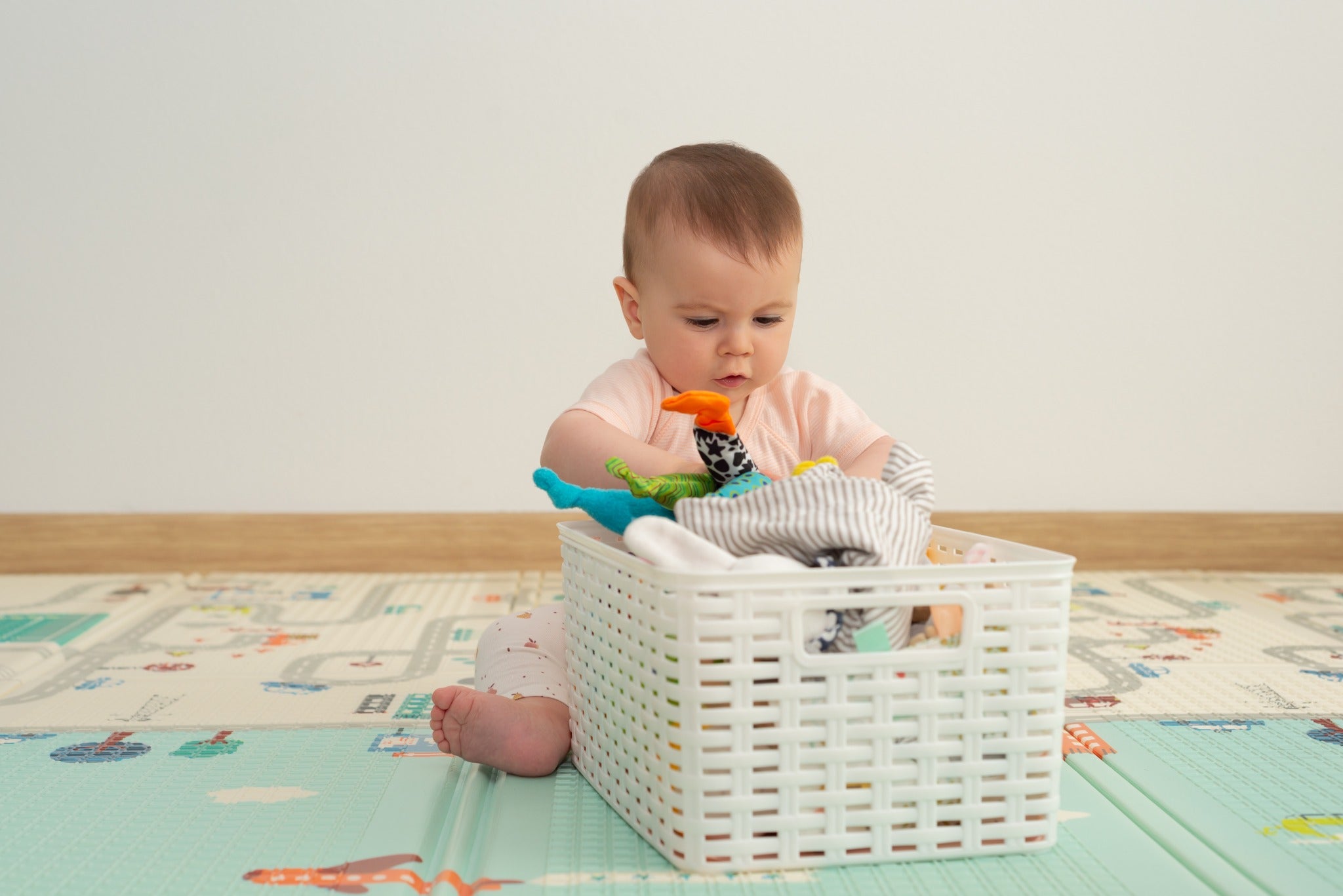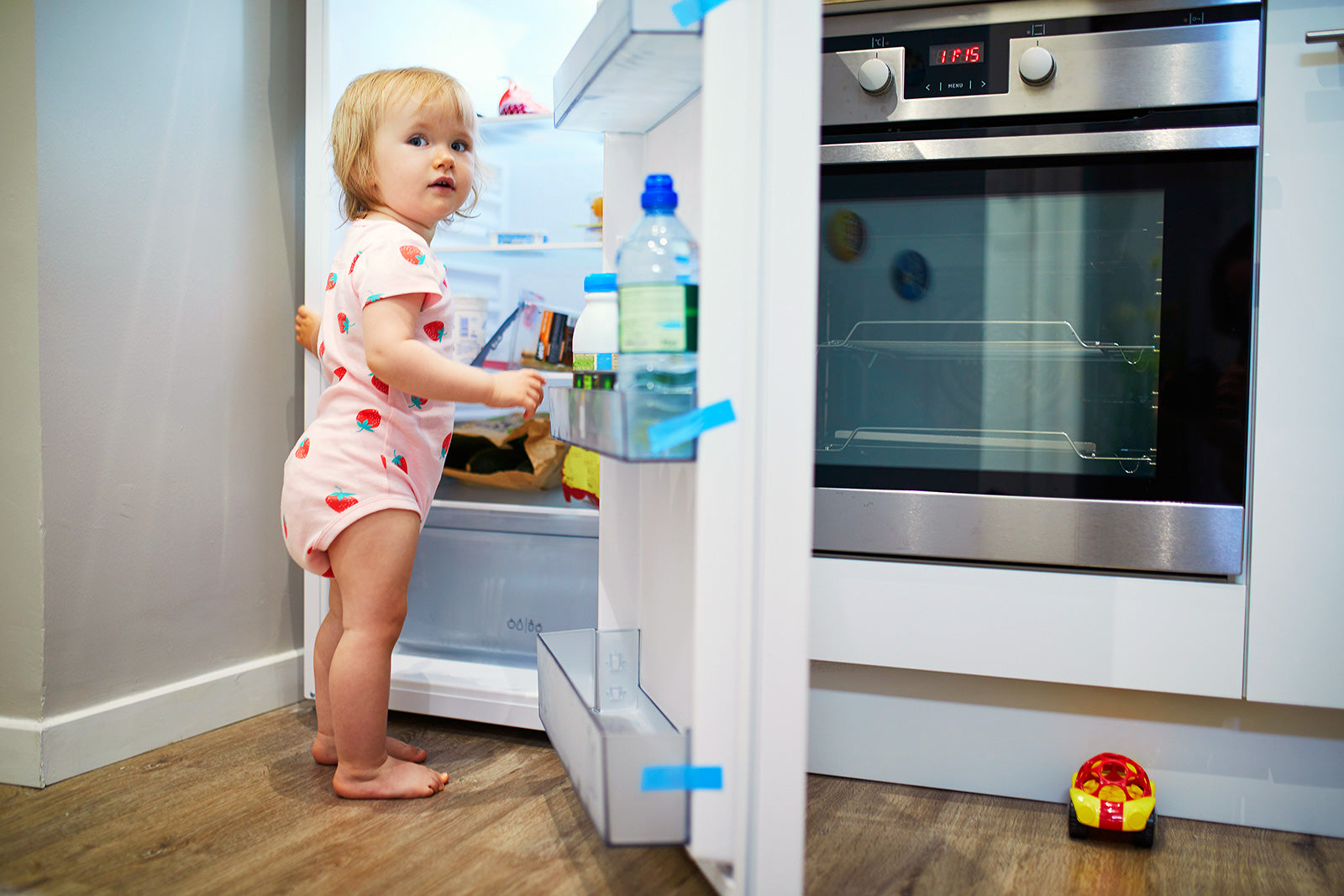How To Support Your Child's Mental Health

The last few years have been very stressful for pretty much everybody on the planet. You have probably heard advice about caring for yourself during COVID and other intense events. But our children also feel the impact of these events, and studies show us they are suffering. Let’s delve into how to support your child’s mental health in an increasingly stressful world.
Here at the bökee, we are passionate about supporting parents. We know how challenging this job can be. That’s why we created the bökee to be a helping hand to new parents. Our innovative bottle-prep tool makes it easy to get a bottle ready when you only have one hand free. Choose your bökee today to make feeding time less stressful for everyone.
Mental Health Concerns Impact Children and Adults
Approximately one in four adults struggle with mental health concerns in any given year. Depression, anxiety, and attention deficit disorder are common among adults. And many of these individuals suffer from more than one mental health condition. For example, people who live with depression are also more likely to have anxiety than someone without depression.

But mental illnesses are not only found in grown-ups. In 2018, suicide was the second-highest cause of death for people aged 10-24. And that startling fact was before COVID.
The pandemic brought mental health concerns to kids who had not previously experienced them. And it has made symptoms worse in youth who already lived with depression, anxiety, and other disorders.
The American Academy of Pediatrics (AAP) has declared children’s mental health a national emergency in the United States. President Biden highlighted mental health in his 2022 State of the Union address, noting that the pandemic had turned our kids' lives and education upside-down. He also unveiled a plan to address the crisis for children and adults.
Signs of Mental Health Concerns in Kids
Mental health issues can show up differently for children vs. adults. Kids may act out, become aggressive, or develop new behavioral problems.

Here are a few signs to watch for if you’re concerned:

All children have some mood and behavior changes as they grow, especially once hormones start their roller coaster ride. And everyone has bad days when they feel worried about something or want to be left alone.
The key is to look for persistent changes. If mood and personality shifts last for longer than a few days without any improvement, it’s worth seeking some professional help. They may need additional support for a short time, or a long-term solution might be necessary.
How To Support Your Child’s Mental Health
Just as your child relies on you to decide if their sore throat needs medical attention, they likely need you to make the call on whether they need mental health treatment. But you don’t have to make that decision all by yourself. Teachers, school counselors, and pediatricians can all partner with you on this journey.

If you have concerns, list them out. List as many details as possible, including:
- When did you first notice changes?
- What are some specific examples that concern you?
- Have other people, such as teachers, seen or mentioned these changes?
Once you have this data to work with, here are some steps to take.
Talk with your child’s primary healthcare provider.
Your kid’s doctor can do assessments to determine if there are any red flags for your child’s mental health. Many providers automatically do these screenings at well-child visits once your child is 13 or 14. If they are concerned, your practitioner can suggest appropriate treatment for your child.
Support your child’s physical wellness.
Just like adults, children’s physical health impacts their mental well-being. Make sure your child has plenty of opportunities for movement throughout the day. COVID quarantines removed many usual physical outlets for children and families, significantly impacting mental health. Helping your child get any type of exercise will support their mental health.
Pay attention to what your kid is eating. If they don’t have a big appetite, you will need to ensure that they have nutrient-dense options available. Working with a nutritionist can help with this.
Keep listening to your child.

You are your child’s biggest fan and their fiercest ally. They may be having doubts about their self-worth or the stability of their world. When you stay by them and listen supportively, it helps your child know their foundation is solid.
You don’t have to have all the answers, and you don’t always need to offer solutions. But letting your child know that you are always willing to listen is crucial.
Lead By Example
We’ve all heard, “Do as I say, not as I do,” and we all know how poorly that tends to work. If you want your child to be the healthiest they can be, model it by taking care of yourself.
When you engage in genuine self-care, your child receives a dual benefit. First, they get a parent who is at their healthiest, happiest, and most energetic. Second, they get “permission” to engage in their own self-care and the road map to make it happen.
Caring for yourself is 100% caring for your child as well.
Find the Help That Works for Your Family

Every child is unique, so there are no one-size-fits-all solutions. Just like with parenting, there might be some trial and error as you support your child’s mental health. Your kid may benefit from more fresh air, a new sport or hobby, counseling, medication, or some combination of these. Staying positive and open to trying something new is the best thing you can do for them.
We know parents have their hands full in every sense of the word. And we know first-hand how stressful this job can be, to the point that just a simple feeding can seem overwhelming at times.
Our goal at the bökee is to remove some stress to make parents' lives a little easier. The signature bökee product can help you fill a baby’s bottle, open a medicine container, or put the lid on a sippy cup with just one free hand. This is especially helpful when you’re holding a cranky, hangry kiddo. Give yourself a break and pick yours today.




